Science Illustrated delivers natural science, break through discoveries and an understanding of the world for the entire family. Packed with stunning photography and in-depth editorial it’s a visually spectacular gateway to the world looking into the beginning of life to distant objects in the universe.
SUBSCRIBE TO SCIENCE ILLUSTRATED FOR YOUR CHANCE TO WIN • Win A JAMIE OLIVER FOUR PIECE KITCHEN KNIFE SET BY TEFAL! FOUR PIECE KITCHEN KNIFE SET BY TEFAL!
Science Illustrated
Local nursery: James Webb captures star-birth region
Leopard spotting: Ladakh big cat triggers camera trap
Sugar triggers a sense of happiness • Sugar releases dopamine, the same substance released by cocaine to ‘reward’ our cells. But the effect of sugar is less overwhelming, so that the dopamine can more quickly regain its natural level.
Fat and sugar can reprogram the brain to want them more • Scientists have found that consumption of certain food types can alter links within the brain, teaching us to find them more attractive in future.
Short-lived giants in young universe • Today, the universe’s biggest stars are up to 100 times the size of the Sun. In the young universe, stars were even bigger – but had shorter lives.
Flinders researchers document scars of shark attacks on Queensland dolphins • Shark attacks on dolphins and porpoises are rarely seen directly, but a new study of Queensland coastal dolphins reveals the scars that bear witness to such events.
Fresh water destroys ocean pump • Currents off both Antarctica and the southern point of Greenland provide ‘pumps’ of water so salty that the water sinks into the abyss. The Gulf Stream primes the Greenland pump, and if it becomes weaker, the same will be true for the entire ocean circulation.
Antarctic ocean ‘engine’ warning • The deep ocean currents around Antarctica could be dramatically weakened by the effects of high emissions, influencing climate and marine environments far across the planet.
The people lost in Ice Age Europe • Scientists have use genetic studies to identify two distinct populations who existed in Europe before the last Ice Age. By the time the ice melted, only one group had survived.
Particle filters don’t capture finest particles • According to British studies, diesel particulate filters have important limitations when it comes to dealing with the finest particles in exhaust gases.
Our bodies are getting colder, and gut bacteria may be to blame • Our average body temperature is no longer 37°C. But why? Scientists may have stumbled on the answer, thanks to 100 patients with blood poisoning.
Brain scans become 64 million times sharper • Four decades of MRI development have allowed scientists to scan mouse brains at the highest resolution ever. The technique has many possible uses, including safely extending lifespans.
How much carbon dioxide can we save when we travel by train? • “I saw a poster at my local train station saying that I save the planet more than 3kg of CO2 every time I go 30km by train instead of by car. Is this really true?”
Petrol steals oxygen from the air • A combustion engine combines carbon and oxygen, turning 1 litre of fuel into a larger quantity of greenhouse gas.
TOP 5 · How big could bugs grow? • Bugs is a vague terms, but millions of years ago, huge insects and other creepy-crawlies existed. How big? Pretty scary.
What is food colouring made of? • Colours in food are numbered and carefully controlled – but what are colours like red, brown and green actually made of?
What is the most efficient way of skipping stones?
Can fungi really infect the brain? • “After watching the Binge series ‘The Last of Us’, I need to ask whether fungi can really attack our brains and start a...
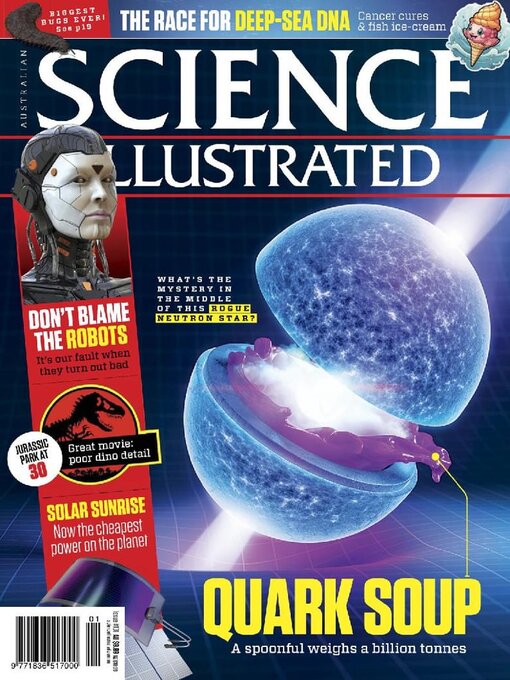
 Issue 111
Issue 111
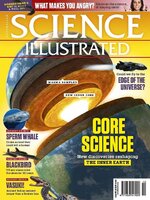 Issue 110
Issue 110
 Issue 109
Issue 109
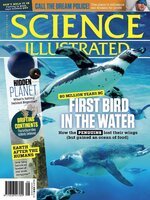 Issue 108
Issue 108
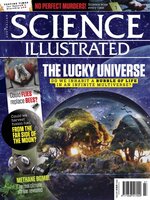 Issue 107
Issue 107
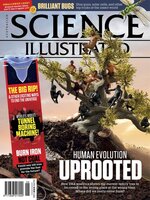 Issue 106
Issue 106
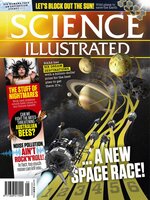 Issue 105
Issue 105
 Issue 104
Issue 104
 Issue 103
Issue 103
 Issue 102
Issue 102
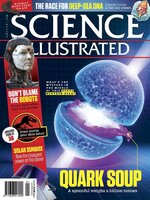 Issue 101
Issue 101
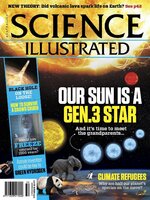 Issue 100
Issue 100
 Issue 99
Issue 99
 Issue 98
Issue 98
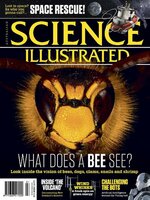 Issue 97
Issue 97
 Issue 96
Issue 96
 Issue 95
Issue 95
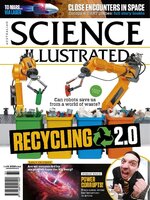 Issue 94
Issue 94
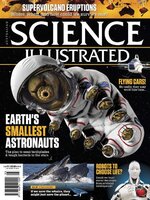 Issue 93
Issue 93
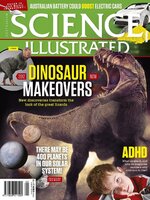 Issue 92
Issue 92
 Issue 91
Issue 91
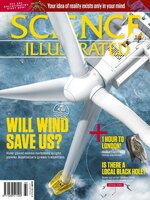 Issue 90
Issue 90
 Issue 89
Issue 89
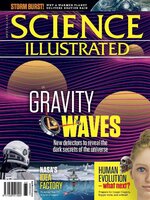 Issue 88
Issue 88
